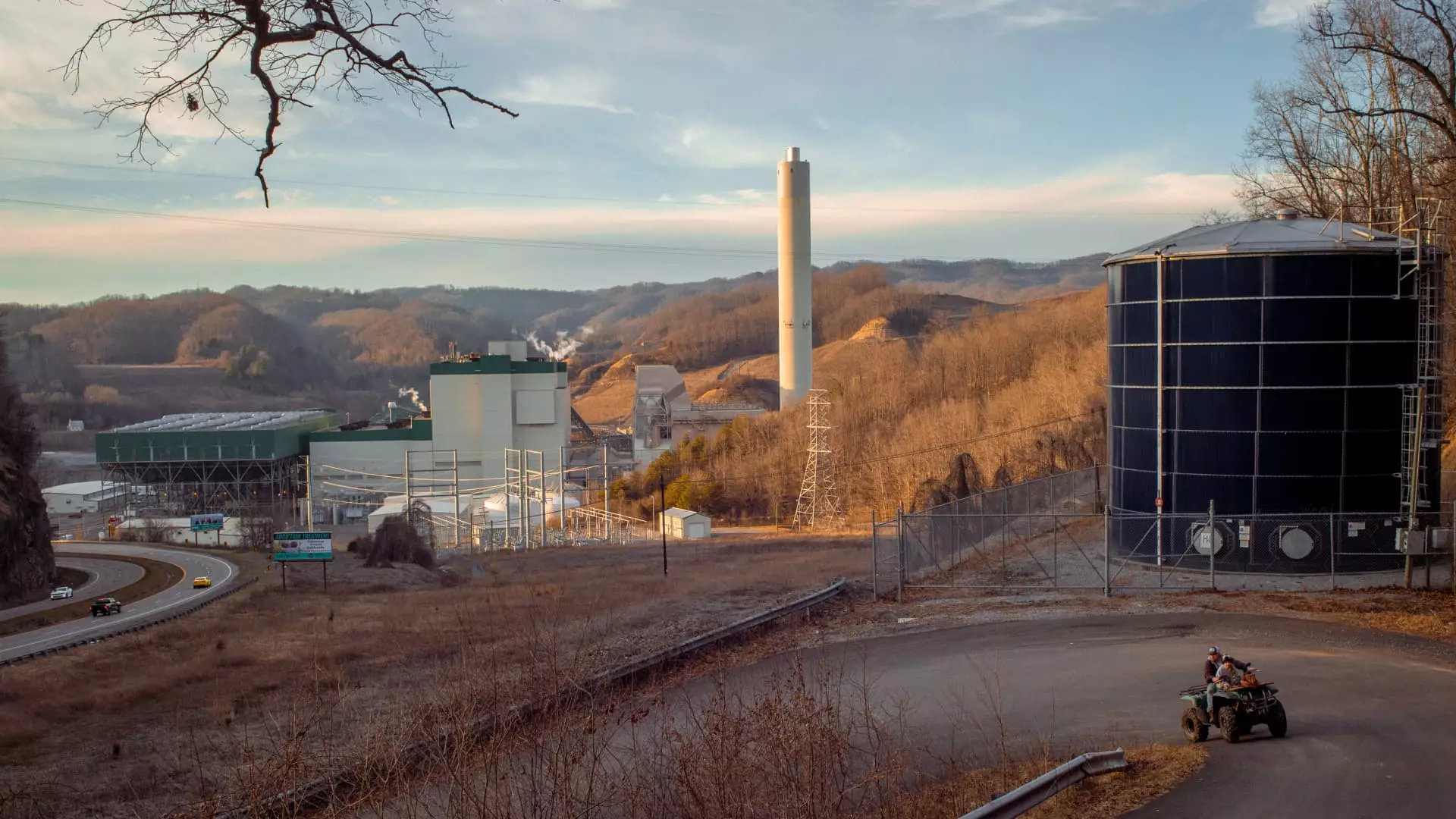In recent months, the conversation around small modular nuclear reactors (SMRs) has gained traction, particularly among prominent tech companies and utilities that aim to harness the potential of this innovative energy solution. One of the key players in this space, Dominion Energy, has initiated dialogue with various technology firms to collaborate on the development of SMRs in light of its recent partnership with Amazon. Both entities are investigating the feasibility of deploying a new small reactor near Dominion’s North Anna nuclear facility in Virginia, which would deliver an impressive 300 megawatts of power.
Dominion’s CEO, Robert Blue, expressed enthusiasm regarding the alignment of large-scale energy consumers with utility operators to pursue next-generation nuclear technology. His remarks during the third-quarter earnings call highlighted the collaborative potential of tech giants—who increasingly recognize the need for reliable, carbon-free electricity as they ramp up operations, especially in energy-intensive domains like artificial intelligence. By engaging with Amazon and other tech companies, Dominion is positioning itself at the forefront of this energy evolution. The increasing dialogue signifies not only a mutual understanding of energy needs but also a commitment to overcoming the historical challenges faced by nuclear technologies.
Virginia’s regulatory environment is notably conducive to nuclear energy development, underpinned by bipartisan support. This political backdrop provides a fertile ground for initiatives like the one between Dominion and Amazon. The state’s reputation for being nuclear-friendly offers a strategic advantage, enabling technological advancements in a sector that has faced considerable hurdles in recent years. As the largest data center market in the United States, Northern Virginia has a vested interest in securing a reliable energy supply, and partnerships with tech firms may bolster efforts to meet this demand sustainably.
Despite the promising nature of SMRs, their commercial viability remains a point of concern. While Dominion’s initiative is a step in the right direction, the journey toward operational small modular reactors in the U.S. is fraught with obstacles. There are currently no functioning SMRs in the country, reflecting broader challenges in bringing advanced nuclear technologies to market. Transitioning from conceptualization to realization is critical, as technologies like SMRs need substantial investment and regulatory support to thrive.
The partnership between utilities and tech companies signals a critical shift within the energy sector, underscoring the vital need for clean energy sources to support modern society’s demands. As these collaborations unfold, they bear the potential to set benchmarks and redefine the energy landscape, promoting an advanced model that champions sustainability and efficiency. The initiative led by Dominion and supported by leading technology players could potentially pave the way for a more resilient and environmentally friendly energy framework, provided the sector can navigate the complexities inherent in nuclear power development. With the mounting emphasis on decarbonization, the evolution of small modular reactors may very well represent a cornerstone of the future energy mix.

